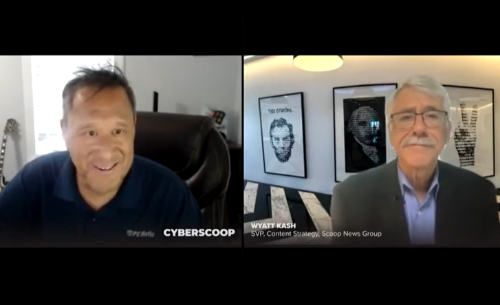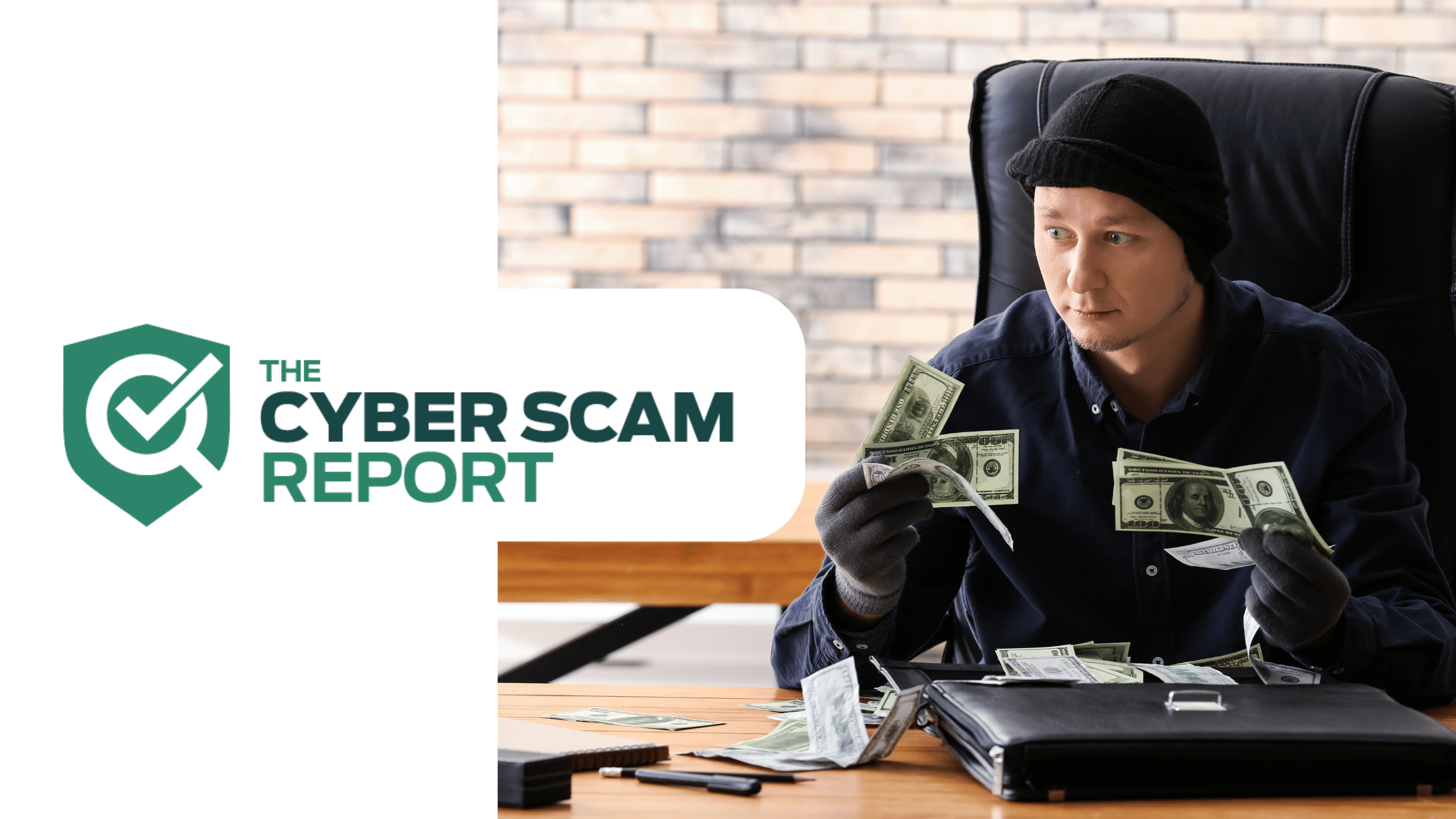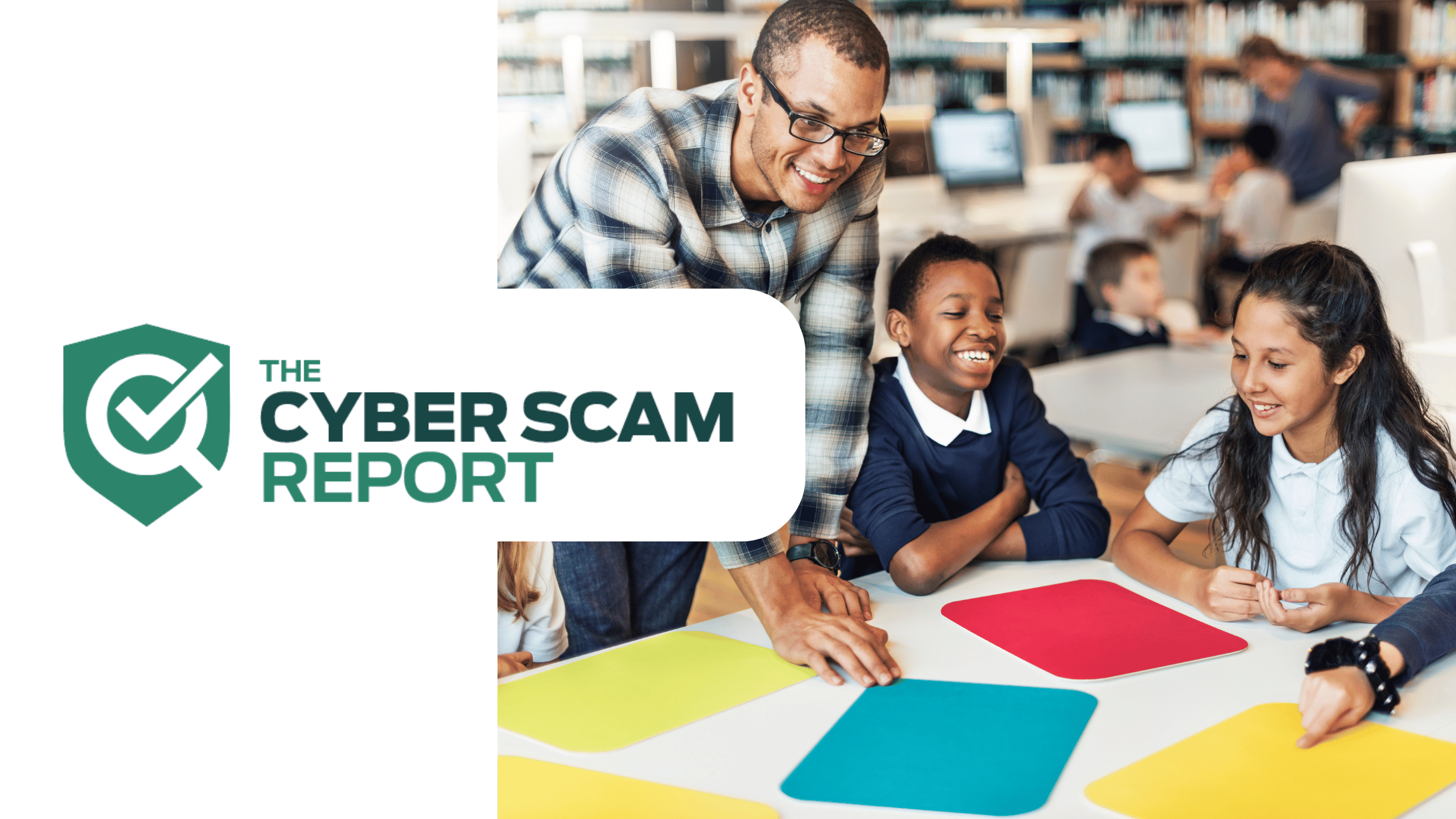According to PC Matic founder and CEO, Rob Cheng, there are two types of security holes that organizations need to address.
Unauthorized Software
Unauthorized software is any type of software that you do not want running on your network. This may not always be malicious. For instance, if you issue a mobile device to employees, you may put restrictions in place to block social media apps. If those apps then got onto that device, it would be considered unauthorized. Additionally, other forms of unauthorized software would run under the malicious software umbrella. These are the types of software or applications that cyber criminals use to exploit the network in some fashion. It may be to install a keylogger, virus, worm, ransomware, or trojan.
Unauthorized People
The second form of security holes lie within the people in the network. This again may be an employee with unnecessary advanced privileges, or a hacker that has wormed their way into the network.
Closing The Security Holes
Rob Cheng joined Wyatt Kash from CyberScoop’s Scoop News Group to discuss how organizations can close these security holes by using a multi-factor authentication approach when it comes to access. Additionally, it is equally important to find a balanced approach to cybersecurity. Far too often, organizations emphasize the reaction. How will the resolve an attack post-infection. Cheng is challenging this by encouraging the use of proactive measures, in addition to detection and response.
Additionally, he and Kash touched on how the baselines for cybersecurity are continuing to change, given the growing cyber threats and how the pandemic played a roll in business’ cybersecurity infrastructures. Take a listen to the interview below:




